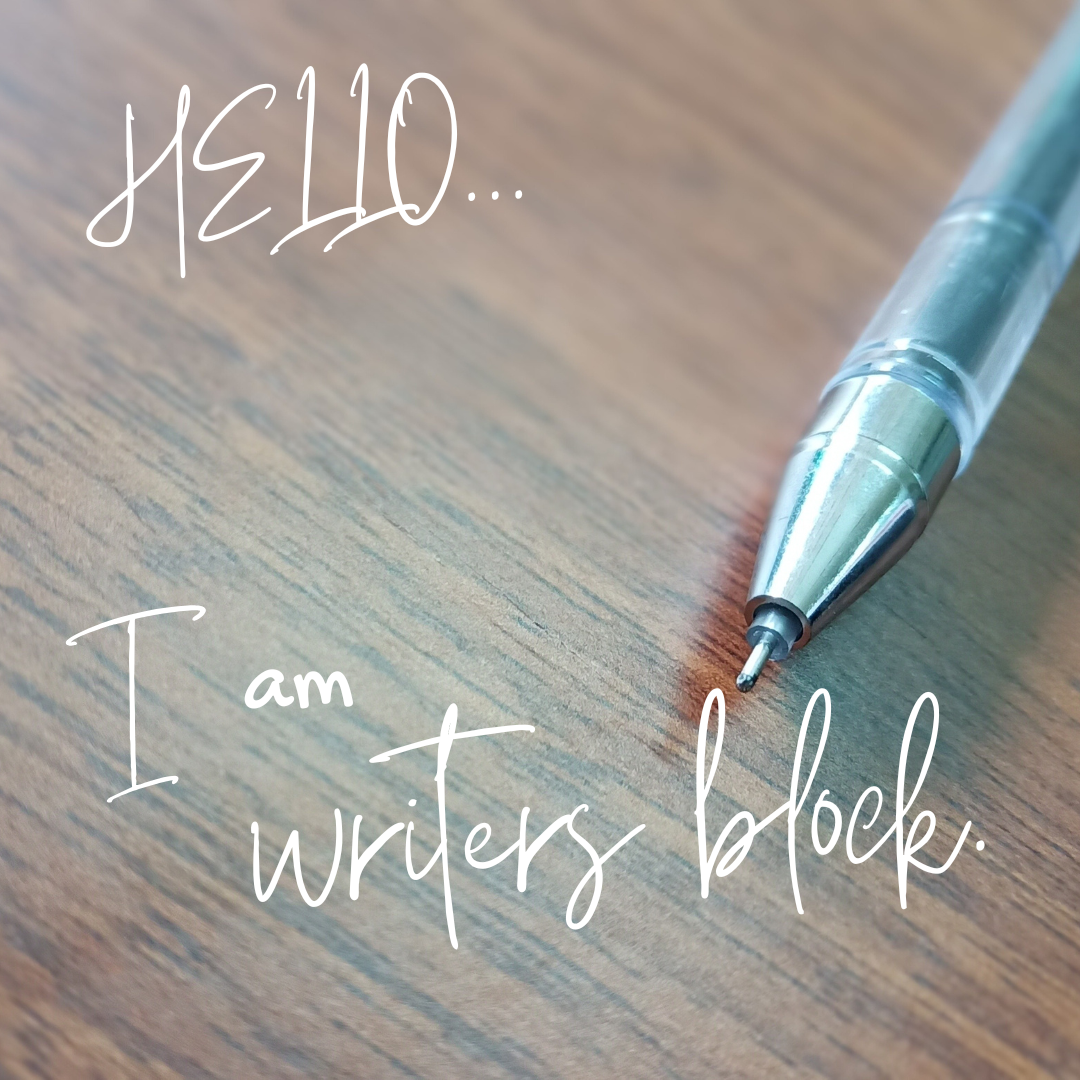Ah, writer’s block—the age-old nemesis of anyone trying to string together coherent sentences. If you’re pursuing a dissertation, chances are you’ve encountered this unwelcome guest already. One moment, the words are flowing like a fine Merlot; the next, you’re staring at a blinking cursor as if it holds the secrets of the universe. Spoiler alert: it doesn’t. But don’t fret—writer’s block is as normal as it is annoying, and with a few practical strategies (and a pinch of humour), you can overcome it.
Why Does Writer’s Block Happen?
Writer’s block isn’t just about laziness or lack of skill—it’s often about overwhelm. A dissertation is a mammoth task, and the sheer scale of it can leave you paralysed. Maybe you’re stuck because you’re trying to perfect every sentence. Or perhaps you’re drowning in the sea of research papers and can’t see the shore. Whatever the reason, the key is to understand that writer’s block is temporary. It’s not a reflection of your abilities—it’s a signal that you need to switch things up.

Change Your Environment
When was the last time you wrote somewhere other than your desk? If your workspace has become a prison cell, it’s time to jailbreak. Head to a café, a park, or even just another room in your house. A change of scenery can help refresh your mind and spark new ideas. Bonus points if the location has decent coffee or Wi-Fi, but not both—distractions are real.
If moving locations isn’t an option, try tidying up your current space. A cluttered desk can lead to a cluttered mind. Channel your inner Marie Kondo and clear out anything that doesn’t spark joy (or productivity).
Break It Down
Ever tried to eat an entire deep-dish pizza in one go? No, because that’s madness (even for pizza lovers). Similarly, tackling your dissertation in one sitting is unrealistic. Break it into bite-sized pieces—focus on one section, paragraph, or even sentence at a time.
Set micro-goals, like “Write 200 words today” or “Finish the introduction by Thursday.” Achieving small milestones builds momentum and makes the task feel less Herculean. Remember, progress is progress, no matter how small.
Adopt the “Bad First Draft” Mindset
Perfectionism is the enemy of productivity. If you’re paralysed by the thought of writing something terrible, embrace it. Give yourself permission to write a bad first draft—it’s called a first draft for a reason.
The goal isn’t to produce a masterpiece on the first go; it’s to get your thoughts down. Editing comes later (and trust me, it’ll come with a vengeance). The important thing is to keep moving forward, even if what you write makes you cringe.
Write, Don’t Edit
Speaking of editing—don’t. At least, not while you’re writing. Switching between creative and analytical modes can derail your flow faster than a misplaced semicolon. Save the editing for when you’ve completed a section, and focus on getting the words out first.
If you find yourself itching to critique every sentence, use the “pomodoro” technique. Set a timer for 25 minutes and write without stopping. Once the timer goes off, take a short break, then go back and tidy up if you must.
Stay Motivated
Writer’s block thrives on doubt and procrastination, so it’s crucial to keep your motivation alive. Remind yourself why you started this journey—whether it’s to contribute to your field, achieve a career goal, or make your parents proud (and possibly confused by your topic).
Celebrate small victories along the way. Finished a chapter? Treat yourself to your favourite takeaway. Solved a tricky research problem? Go for a walk or binge-watch a guilt-free episode of your favourite show. Rewards, no matter how small, can be surprisingly effective.
Keep the Bigger Picture in Mind
When you’re stuck in the trenches of a single paragraph, it’s easy to lose sight of the bigger picture. Step back and look at your dissertation as a whole. Revisit your research questions and objectives. Remind yourself of the impact your work could have—not just on academia, but on your own personal growth.
Visual aids can help here. Create a timeline of your progress, complete with deadlines and checkpoints (and actually physically check off the milestones). Seeing the bigger picture can give you a sense of control and direction, even on the tough days.
How Academic Coaching Can Help
Sometimes, no matter how many coffee-shop sessions or pomodoro timers you set, the block just won’t budge. This is where academic coaching can make a difference. A coach provides personalised guidance to help you navigate your dissertation journey, offering strategies tailored to your specific needs.
Whether it’s breaking down your research into manageable steps, holding you accountable, or helping you find clarity in your ideas, a coach can be the cheerleader you didn’t know you needed. Plus, they’re less likely to judge you for eating an entire pizza in one go.
Final Thoughts
Writer’s block is frustrating, but it’s not insurmountable. By changing your environment, breaking down tasks, and keeping the bigger picture in mind, you can push through the mental fog and get back to writing. And if all else fails, remember—you’re not alone. Whether it’s a friend, a supervisor, or an academic coach, there’s always someone who can help you get back on track.
Now, go tackle that blinking cursor. You’ve got this.